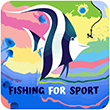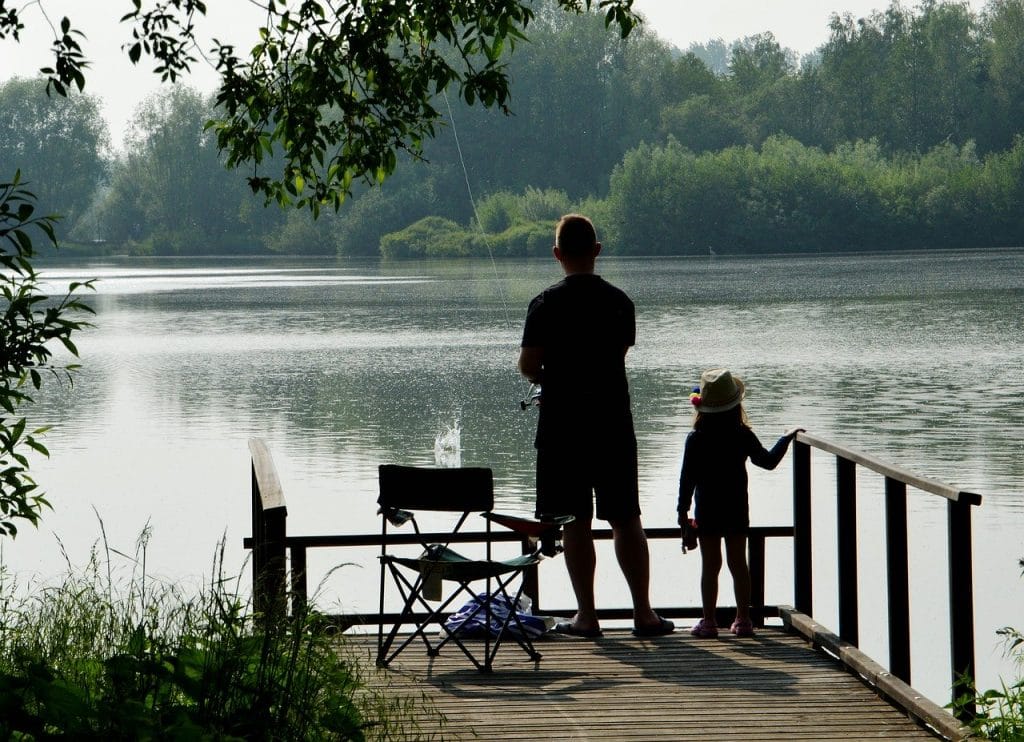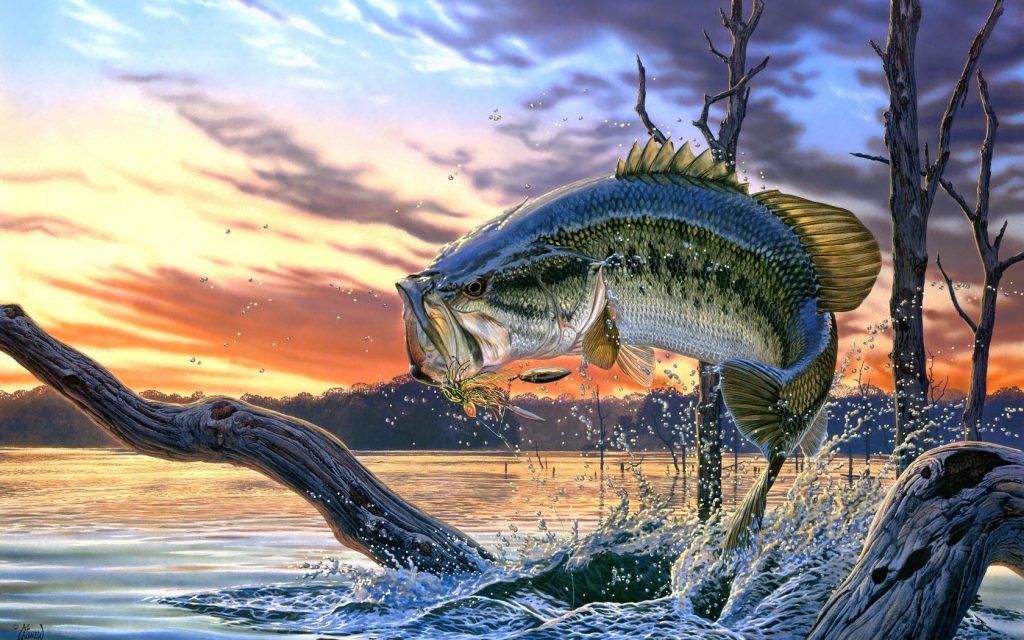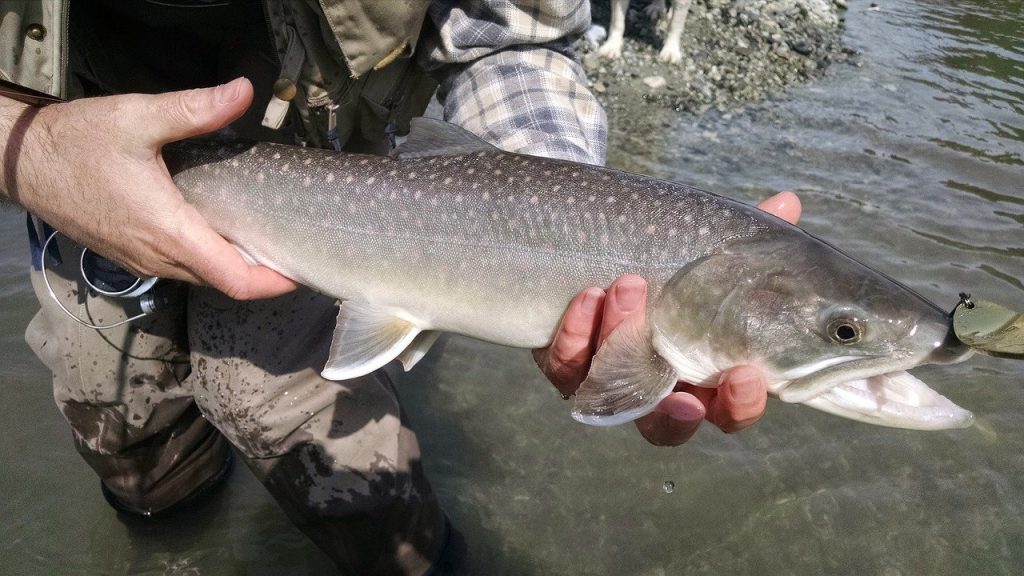Fishing is a sport and comes with it – Injuries. It’s just all part of the game. There can be minor and major injuries and hopefully, as much as possible we avoid them – at all costs. When out fishing, common sense can go a long way, plus if you equip yourself with the right knowledge then injuries may just be prevented.
Also, knowing what to do if injuries do happen is vital, sometimes lifesaving. So, in this article, we’re going to talk about some of the most common fishing injuries and a few ways to prevent them. We have prepared a detailed infographic so that you get the visual picture of this important topic we’re explaining.
Let’s dive right in!

Share this Image On Your Site
Fishing Injuries
Injuries Caused by Fish
Fishes bite and they don’t back down nor show no mercy. Ask a veteran and they’ll tell you a story or two may even be gruesome. The bottom line is, you need to be careful when handling fish because most likely when you reel them in, they aren’t dead.
When you get bitten or impaled by a fish it can get nasty and may lead to injuries or even infection. We don’t want that to happen. You can also get injured from their fins. Some species are more dangerous than some while there are a lot of them that will fight for their lives.
It’s also important to take note that you can get stung while fishing. We may not even be talking about anything from the water, take bees or wasps for an instance. When you are in the forest, lakes, or rivers you are not safe from other wildlife or insects so make sure to protect yourself accordingly.
Injuries Caused by Equipment and Gear
A lot of the injuries that happen when fishing is caused by your gear or equipment. Friendly fire if you will. Perhaps the most common of this type of injury is by a fish hook. Yep, nasty even if you just think about it.
There are a lot of ways you can get injured with a fishing hook. Knowing how to handle it and some of the equipment that complements its function is key to prevent such injuries to happen.
Be careful with hooks when,
- removing it from a fish
- while back-casting, and
- when putting it away.
The latter is dangerous when you walk barefoot (which you shouldn’t) in your boat. Be careful where you put your hook so that you won’t be on the danger of stepping on it. The nastiest thing that could probably happen to you (god forbid) is getting your eyes hooked. This should require extra caution when aiding such an injury.
Also, if you bring a pet with you onboard or on fishing trips make sure that they don’t accidentally consume a hook, so don’t leave it around especially with bait on it.
Slipping or Falling
This type of mishap can be applicable when you’re anywhere else. Also, when fishing on any type of terrain but is super common when riding boats. Make sure to coordinate with the navigator of your boat when it’s moving, a sharp turn may lead to you slipping or worst falling when you weren’t ready or aware.
Also, make sure to clear all pathways as much as you can. Aside from stepping on sharp equipment like in the previous section, you are also in danger of slipping when you step on something on board.
Injuries on this type of accident when fishing can range from sprains to broken bones, and worst head injuries. So please do be careful, again common sense is important.
Straining
Wonder why some athletes have specific or related injuries? It’s because a certain sport tends to use certain parts of their body more, maybe a muscle group or bones. This is quite true in fishing too. Sometimes overusing or overextending certain muscles or bones leads to injuries.
Due to sustained or repetitive motions, over time certain injuries could arise. This is probably applicable to the arms of anglers. Fishermen use their arms more than any part of their body. Tennis elbow or rotator cuff tendinitis is common and some may even experience ligament tears.
This is common in avid recreational or occupational anglers. So do watch out and apply some preventative measures.
Injuries Caused by the Elements
Are you fishing in a cold or hot environment? Most likely you’ll have to protect yourself from sunburns. This should be easy but sometimes neglected. Protect yourself all the time, use an effective hat to cover yourself, maybe even use a sunscreen.
We know it’s challenging to do so in warm weather but the consequences are dire if we’re not careful.
Drowning
God forbid someone drowns during the fishing trip. A bit somber but it happens. Knowing what to do during such occurrences can be lifesaving. But making sure that you have all preventative measures in place should be even better.
Be careful! Sometimes that’s all there is to it. Be extra cautious when mixing beer with fishing as you can have one too many and lose coordination and sense.
Preventative measures
We’ve listed down some of the practical things that you can do to prevent some of these most common fishing injuries to happen.
- Pretty please as much as the allure to spend some alone time when fishing is, please don’t go on fishing by yourself. Especially when rock fishing, but really when fishing is the bottom line. Bring at least a couple of your trusted buddies, if someone gets seriously hurt, then you’ll have someone who can stay and someone who can call for help.
- Inform whoever about your time and location for fishing.
- And again as much as you want to unplug from the world, bring a way to communicate with people. A mobile phone is ideal, maybe a radio, or whatever gadget you have.
- Shoes are important, wear non-slip.
- Lightweight in multiple layers of garment should be ideal.
- FIRST AID KIT.
- Drink plenty of water.
- And lastly, as if we haven’t reiterated enough, protect yourself from the sun. Wear protective clothing, and use a sunscreen preferably with SPF30 or higher. A lip balm, good hat, and some sunglasses should come in handy too.




I’m impressed by how much valuable information you packed into this post.